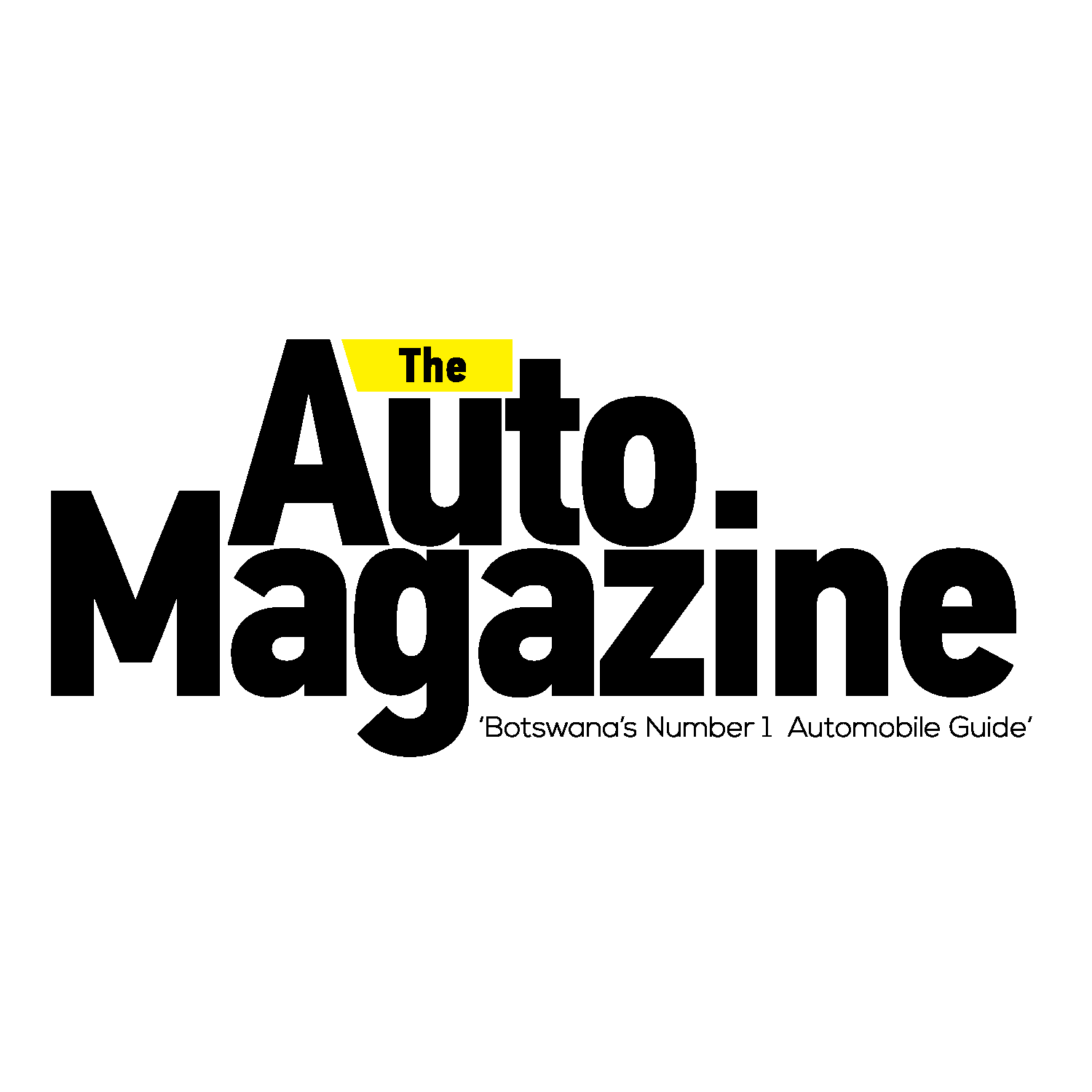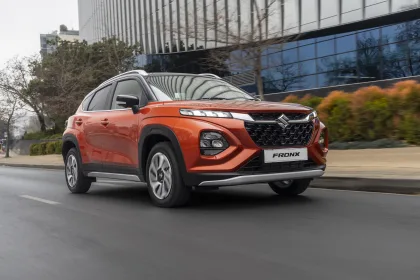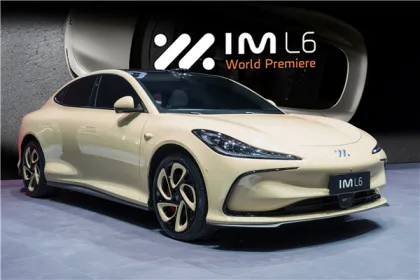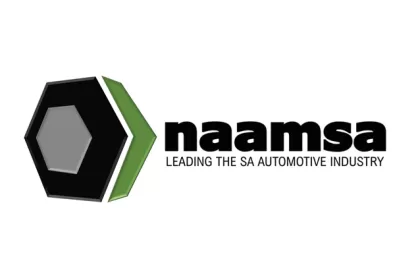The Automotive Business Council expressed optimism that the positive momentum of the fourth quarter of 2024 continued into the first month of 2025. “We are absolutely confident that an improved economic outlook, coupled with higher business and consumer sentiment, will support the new vehicle market in 2025. Aggregate domestic new vehicle sales in January 2025, at 46,398 units, reflected an increase of 4,375 units, or a gain of 10,4%, from the 42,023 vehicles sold in January 2024. Export sales increased by 5,803 units, or 29,7%, to 25,348 units in January 2025 compared to the 19,545 vehicles exported in January 2024”, said Mikel Mabasa, naamsa CEO.
Overall, out of the total reported industry sales of 46,398 vehicles, an estimated 37,799 units, or 81,4%, represented dealer sales, an estimated 14,8% represented sales to the vehicle rental industry, 2,2% to industry corporate fleets, and 1,6% to government sales.
The January 2025 new passenger car market at 34,530 units had registered an increase of 5,349 cars, or a gain of 18,3%, compared to the 29,181 new cars sold in January 2024. Car rental sales accounted for a sound 19,1%, or one out of five new passenger vehicles sales during the month. Domestic sales of new light commercial vehicles, bakkies and mini-buses at 9,901 units during January 2025 had recorded a decrease of 993 units, or a loss of 9,1%, from the 10,894 light commercial vehicles sold during January 2024.
Sales for medium and heavy truck segments of the industry reflected a mixed performance in January 2025 and at 569 units and 1,398 units, respectively, recorded an increase of 59 units, or 11,6% from the 510 units sold in January 2024 in the case of medium commercial vehicles, and, in the case of heavy trucks and buses a decrease of 40 vehicles, or 2,8%, compared to the 1,438 units sold in the corresponding month last year. The January 2025 exports sales at 25,348 units reflected an increase of 5,803 vehicles, or a gain of 29,7%, compared to the 19,545 vehicles exported in January 2024.
“The positive start to the year, marked by higher new vehicle sales, a further interest rate cut of 25 basis points during the month, and well-controlled inflation, along with promising prospects for a significantly improved domestic economic outlook, all contribute to a sense of optimism as we embark on 2025. The possibility of further interest rate cuts by the central bank in 2025 would not only enhance vehicle affordability but also foster a revival in business and consumer sentiment. The South African Reserve Bank projects a notable improvement in the country’s GDP growth rate of 1.5% for 2025, with some commentators even projecting even more optimistic figures of around 2%,” Mabasa said.
“Despite the short-lived and unexpected Stage 3 loadshedding implemented on January 31, 2025, for the weekend, the country experienced a remarkable streak of over 300 days without loadshedding, marking the first such period in seven years. While the inflation outlook for the second half of the year remains positive, new inflation risks, such as the anticipated rise in tariffs on trade, have emerged. Additionally, the National Energy Regulator of South Africa [NERSA] has granted an electricity tariff increase of 12,74% for implementation on April 1, 2025, which is approximately three times the current Consumer Price Index [CPI] rate. However, early indicators suggest a potential turning point for the new vehicle market in 2025, driven by stronger economic prospects, growing consumer and business confidence, and improving new vehicle sales data”, Mabasa affirmed.
Mabasa says “vehicle exports showed promising growth in January 2025 compared to the same month in 2024. The anticipated relaxation of monetary policy in South Africa’s primary export markets is expected to sustain this momentum in the short to medium term. However, the trajectory of trade policies under the new US Administration remains uncertain. It’s worth noting that the success and magnitude of US tariffs could have significant spillover effects on South Africa and other markets, potentially leading to increased export revenues and inflation”.
“naamsa will celebrate its 90th anniversary this year. Over the past nine decades, naamsa has grown from strength to strength. Many of the automotive industry’s successes and key achievements in South Africa are a testament to the hard work, dedication, and continued trust of naamsa’s employees, members, principals, and business partners. naamsa remains committed to building on this foundation and its legacy”, Mabasa concluded.
